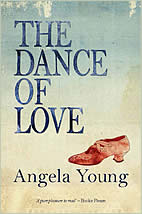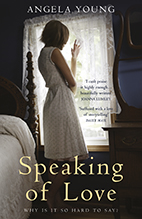There are hundreds of thousands of words written about writing fiction: how to write, why we write, what to do when we can’t write and on and on so that, sometimes, I feel as if I’m adrift on a sea of advice. 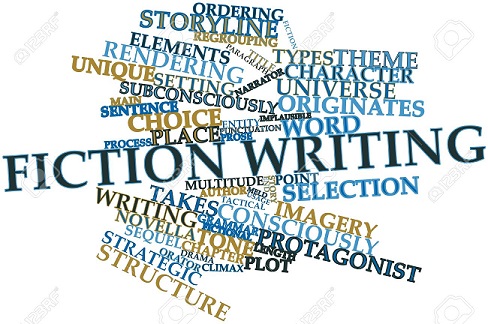
But at other times wise words become the lifeboat that takes me safely back to my story. Here are a few that have done that recently (some of the authors’ names link directly to the source of the quote. Others link directly to the author):
Hold out your hand and the stories will come. John Steinbeck
We restore order with imagination. We instill hope, again and again and again. Walt Disney
Grief is love with nowhere to go. Anonymous
It’s not the subject matter, but what you do with it that counts. Chimamanda Ngozie Adichie
Plot is what happens. Story is how the characters feel about what happens. Neil Landau
If you make your characters properly they will simply do what is within them, they’ll act out the nature you have given them, and there – you’ll find – you have your plot. Hilary Mantel
My life would be more possible with the women’s movement existing and no running water than the other way around. Naomi Alderman in her acceptance speech for The Power‘s 2017 Baileys Women’s Prize win.
And Pass on a Poem is the thing I’d like to have invented in a parallel universe where time is infinite and all things are possible. Small groups of people meet from time to time to read poems they love to each other (any poem, except their own). They meet in various parts of the country at various times. Pass on a Poem is owned by the wonderful Reader Organisation who run shared reading groups across the UK and who’ve discovered that shared reading not only brings communities together but that it enhances empathy, as Jane Davis, founder and director, writes. (I wrote about the organisation here, too.)

And here’s a link to Helen Dunmore‘s wonderfully empathetic poem about death, Hold Out Your Arms, written on 25 May, just eleven days before she died, on 5 June. It likens death to a mother holding out her arms to a shy child. Read it, weep and wonder at what the imagination can do.






 What an entirely brilliant and inspiring idea. It begins with Boadicea, not Boudicca, because:
What an entirely brilliant and inspiring idea. It begins with Boadicea, not Boudicca, because:



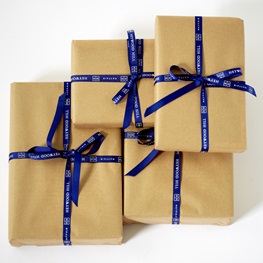
 The figure of Peace in
The figure of Peace in


 The inspiration for
The inspiration for 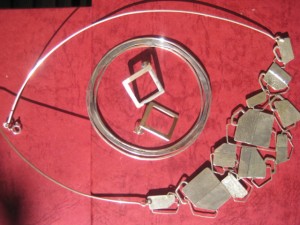 If you should be in Corfu Town the shop is at 48 Guilford Street (named after
If you should be in Corfu Town the shop is at 48 Guilford Street (named after 
 above the red-framed door, at least for now.
above the red-framed door, at least for now.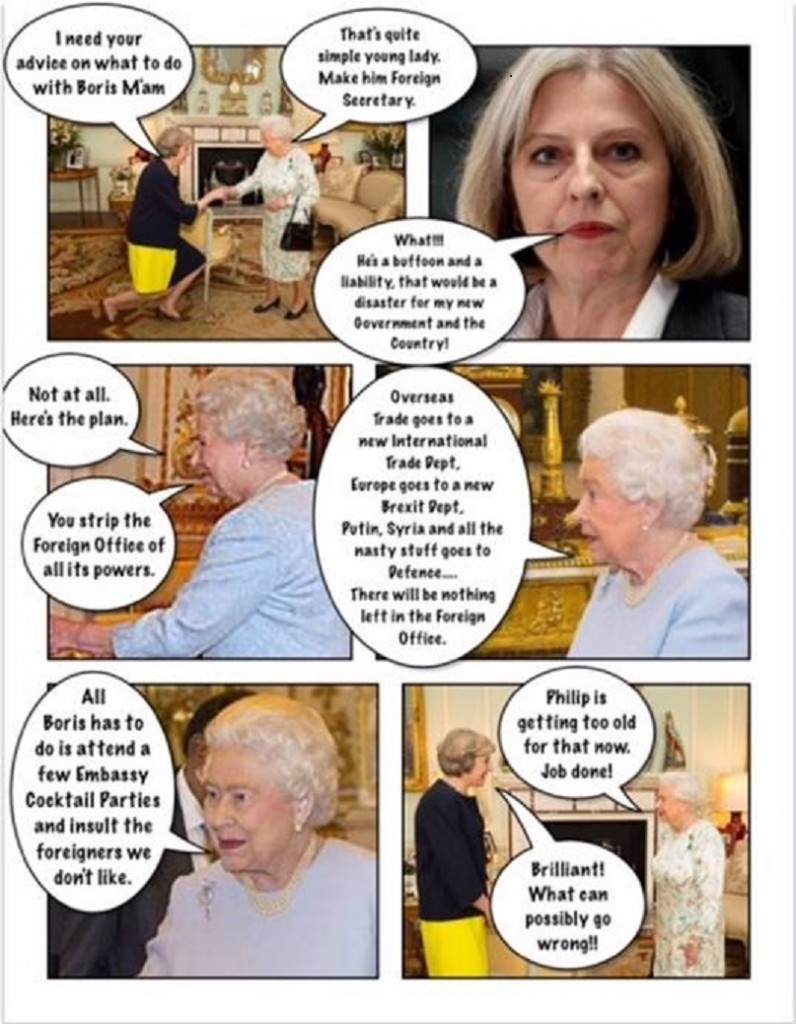

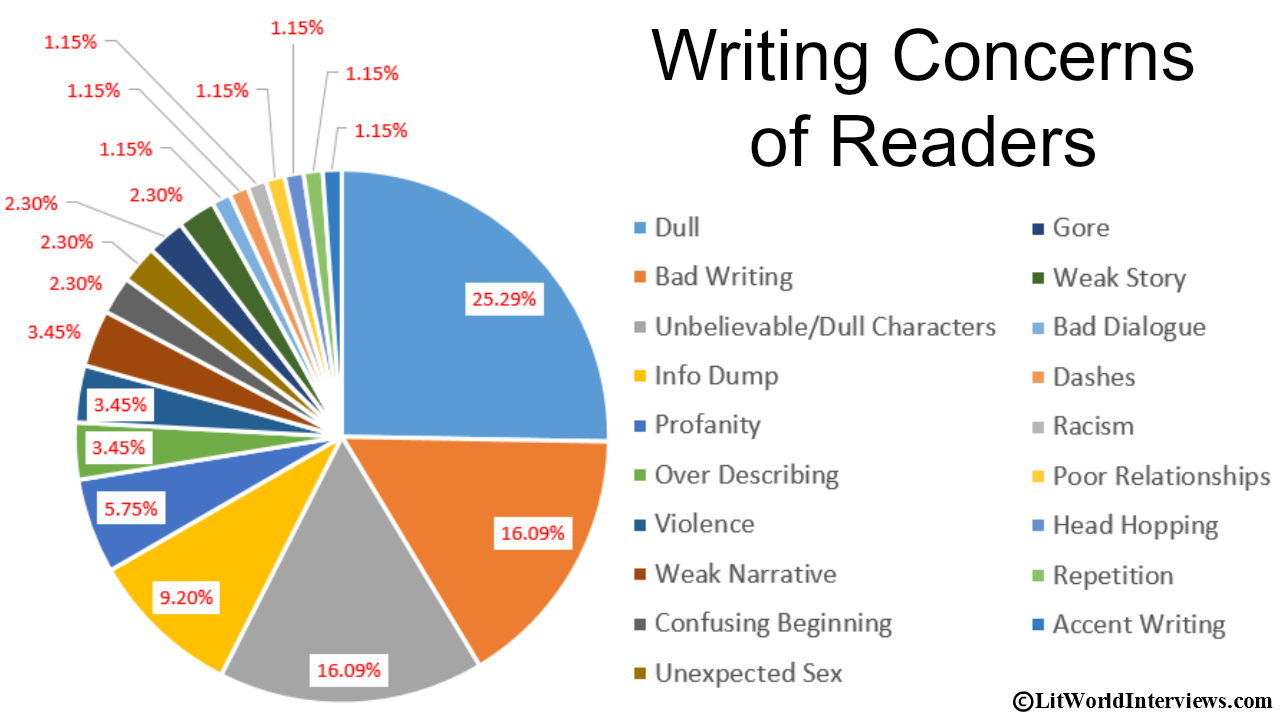


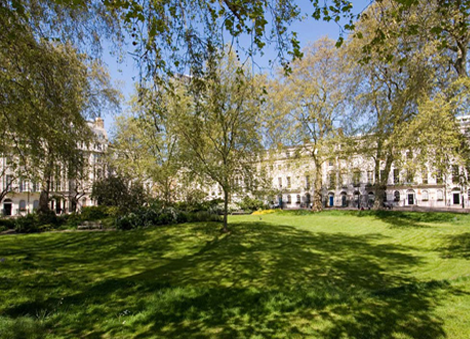

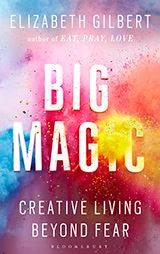

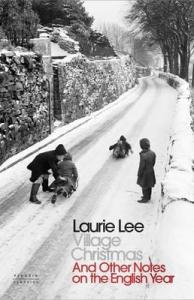

 They only post news that inspires. Their categories include
They only post news that inspires. Their categories include  DailyGood is a portal that shares inspiring quotes and news stories that focus on the “good” we can find in our world daily along with a simple action to continue that goodness. Since 1999, it has delivered positive news to subscriber inboxes for free by volunteers every day.
DailyGood is a portal that shares inspiring quotes and news stories that focus on the “good” we can find in our world daily along with a simple action to continue that goodness. Since 1999, it has delivered positive news to subscriber inboxes for free by volunteers every day.